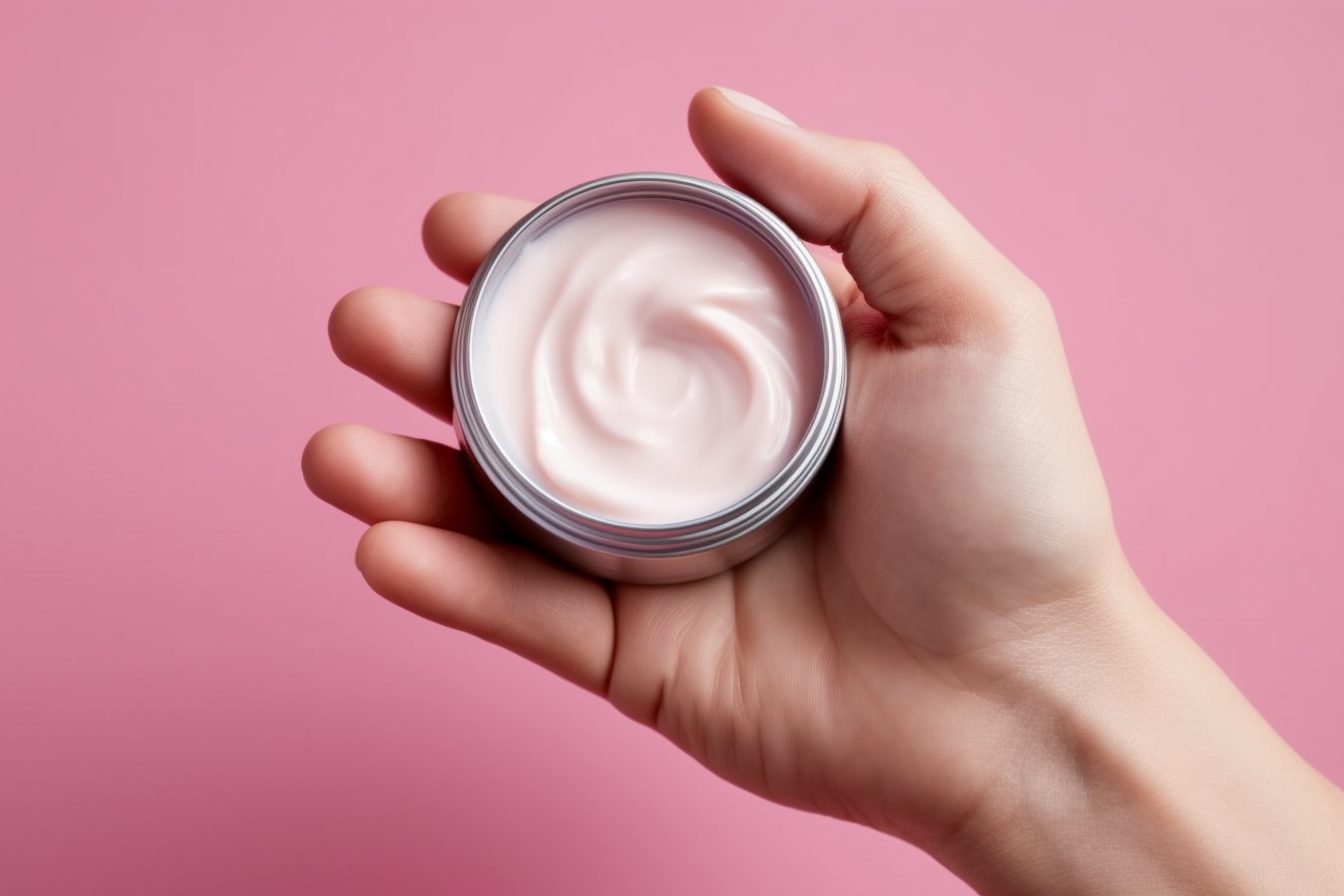 As we age, our bodies go through a natural process of wear and tear, which can result in various physical changes, including wrinkles, fine lines, and age spots. These changes are often attributed to free radicals, unstable and reactive chemicals that can cause damage to our cells and lead to diseases.
However, our bodies have a natural defense against these harmful chemicals in the form of antioxidants, which can neutralize free radicals and protect our cells from damage. In recent years, antioxidants have gained popularity for their potential to fight aging and maintain youthful, healthy skin.
This article aims to explore the benefits of antioxidants and their role in fighting aging. We will discuss the science behind free radicals and how they can harm our bodies, as well as the mechanisms of antioxidants in neutralizing them. Additionally, we will delve into the various types of antioxidants found in our diets and skincare products, and how they can help us maintain youthful skin.
By understanding the role of antioxidants in our bodies, we can take control of our aging process and maintain healthy, youthful skin for longer.
As we age, our bodies go through a natural process of wear and tear, which can result in various physical changes, including wrinkles, fine lines, and age spots. These changes are often attributed to free radicals, unstable and reactive chemicals that can cause damage to our cells and lead to diseases.
However, our bodies have a natural defense against these harmful chemicals in the form of antioxidants, which can neutralize free radicals and protect our cells from damage. In recent years, antioxidants have gained popularity for their potential to fight aging and maintain youthful, healthy skin.
This article aims to explore the benefits of antioxidants and their role in fighting aging. We will discuss the science behind free radicals and how they can harm our bodies, as well as the mechanisms of antioxidants in neutralizing them. Additionally, we will delve into the various types of antioxidants found in our diets and skincare products, and how they can help us maintain youthful skin.
By understanding the role of antioxidants in our bodies, we can take control of our aging process and maintain healthy, youthful skin for longer.
Key Takeaways
- Antioxidants are the body’s natural defense against free radicals, which can damage cells and lead to diseases.
- Antioxidant-rich foods include fruits, vegetables, green tea, nuts, meat, and fish, and can help boost the body’s natural defense against aging and disease.
- Antioxidants can be used in skincare products to combat free radicals and reduce the appearance of wrinkles, and high concentrations of antioxidants are more effective in preventing oxidative stress and protecting the skin from damage.
- Antioxidant products for skin have gained popularity in the cosmetic industry, and can improve skin elasticity and hydration, and reduce inflammation.
Understand Free Radicals
Free radicals, which are unstable and reactive chemicals that cause damage to cells and increase the risk of diseases and aging, are formed when an atom or molecule gains or loses an electron. They are found naturally in the body but can also increase due to exposure to toxins, smoking, alcohol, and fried foods. Even the normal process of metabolism in the body produces free radicals. These molecules can damage DNA, proteins, and lipids, leading to a range of health problems, including cancer, heart disease, and neurodegenerative disorders. Oxidative stress is one of the key mechanisms by which free radicals cause damage to cells. This stress refers to the imbalance between the production of free radicals and the body’s ability to neutralize them with antioxidants. When the body doesn’t have enough antioxidants, free radicals can cause oxidative damage to cells, leading to inflammation, tissue damage, and aging. Sources of free radicals can include environmental pollutants, UV radiation, and certain medications, which can further increase oxidative stress and damage to cells.The Role of Antioxidants
Oxidative stress is a natural process that results in the production of free radicals, which can cause damage to cells and increase the risk of diseases and aging. Fortunately, the body has a natural defense mechanism in the form of antioxidants. These chemicals work to neutralize free radicals and prevent damage to body cells by oxidation. One of the best ways to boost your body’s antioxidant defense is to consume an antioxidant-rich diet. Foods like fruits, vegetables, green tea, nuts, meat, and fish are all excellent sources of antioxidants. In addition to dietary sources, antioxidant supplements can also be beneficial for overall health. However, it’s important to note that while antioxidant supplements can be helpful, they should not be used as a substitute for a healthy diet. By incorporating antioxidant-rich foods and supplements into your daily routine, you can help support your body’s natural defense against aging and disease.Antioxidant Products for Skin
Antioxidant products for skin have gained popularity in the cosmetic industry due to their ability to combat free radicals and reduce the appearance of wrinkles. The use of antioxidants in skincare products is known to prevent damage to the skin cells by neutralizing free radicals. Top antioxidant ingredients for skin include vitamin C, vitamin E, coenzyme Q10, green tea, and resveratrol. These ingredients work to protect the skin from environmental stressors, improve skin elasticity and hydration, and reduce inflammation. When choosing the right antioxidant product for the skin, it is important to consider the concentration and stability of the active ingredients. Products with high concentrations of antioxidants are more effective in preventing oxidative stress and protecting the skin from damage. Additionally, products that are formulated to maintain stability of the antioxidants are more effective in delivering the desired results. It is also important to choose products that are suitable for one’s skin type and concerns. Antioxidant products can be found in various forms such as serums, creams, and lotions, and can be used as a part of a daily skincare routine to maintain youthful, glowing skin.Can Antioxidants Help with Banishing Sebaceous Filaments?
Can antioxidants help with banishing sebaceous filaments? Clear skin secrets reveal that incorporating antioxidants into your skincare routine may be beneficial. These powerful compounds help neutralize harmful free radicals and promote healthy skin. By reducing inflammation and minimizing pore clogging, antioxidants can potentially improve the appearance of sebaceous filaments, contributing to a clearer complexion.
Frequently Asked Questions

